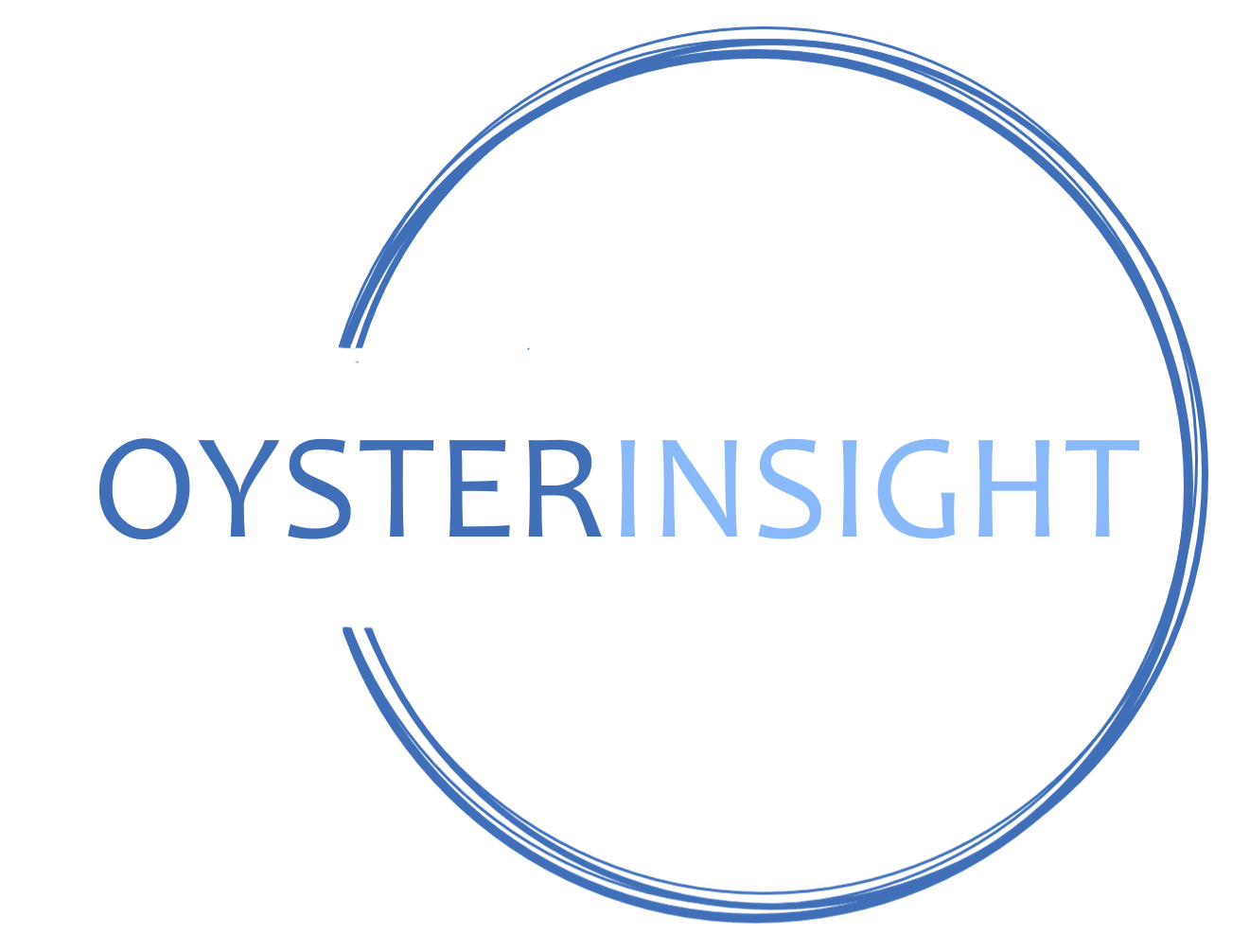Part of successfully preparing for a difficult conversation, in addition to understanding why you need to have the difficult conversation, is to understand what type of conversation you need to have.
Triggers
There are many reasons we need to have difficult conversations in the workplace:
- Turning down an idea.
- Encouraging someone to improve their performance (also known as “addressing poor performance” or “giving negative feedback”).
- Encouraging teammates to resolve a conflict. between team members.
- Terminating a position.
- Asking for a raise or a promotion.
- Reporting inappropriate behavior, such as abuse, bullying, or sexual harassment.
- Investigating complaints of misconduct related to abuse, bullying or sexual harassment.
- (Re)establishing boundaries.
- Admitting to mistakes of all sizes.
- Negotiating contract terms.
Balance of Power

It’s important to recognize the balance of power in the conversation. Do you have the power to impose an outcome, such as related to poor performance or raises? Or is it a situation where you do not have unilateral power, like a conflict among team members, or problems with a peer? Are there coalitions in the organization you need to understand? What underlying power imbalance (such as race, gender, class, age or tenure) do you need to consider?
What is at Stake?
How are the parties perceiving the situation? Does everyone understand the complexity of the siutation? Are emotions and feelings involved? Is identity or reputation at stake?
What’s the Narrative?

My husband always says there are three sides to every story – his, hers, and the truth. Are you “him,” “her,” or “the truth?” What is their narrative? What is your narrative? Where is the “the truth”?
If you are having trouble undestanding how to come to “the truth,” think of a mediator. The Harvard Negitiation Project demonstrates this with the tension between car drivers and cyclists on city streets. The third narrative is that of the city planners who understand the frustrations of both sides and look for a solution that optimizes traffic flow throughout the city (not just for cyclists and cars, but also pedestrians, and mass transit).
Preparation
Once you understand the type of conversation you need to have, you can better prepare for your difficult conversation, positioning yourself for success and crafting positive, productive and profitable outcomes.



